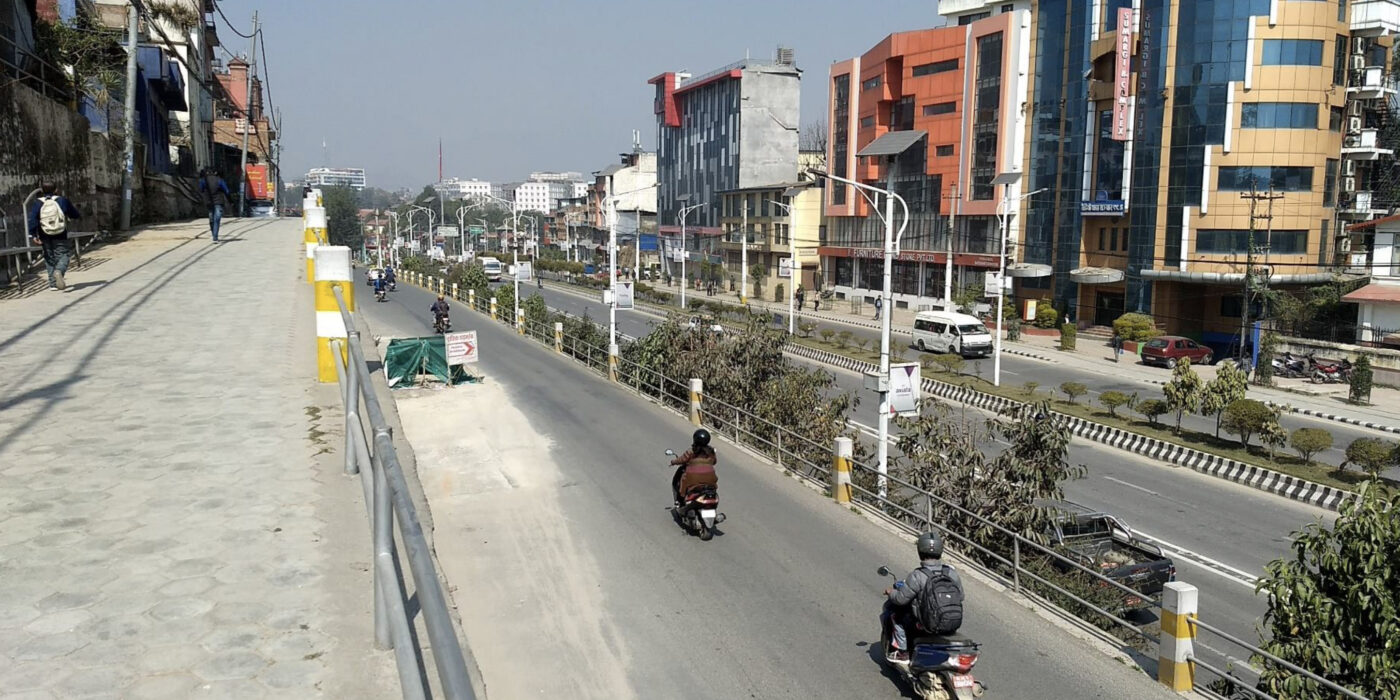
Objective
To increase transport resilience to pandemics in low-income countries through improved transport planning, policy and strategy.
Potential impact
Improved transport resilience to pandemics in low-income countries through improved planning, policy and strategy.
COVID-19 Challenge
Most transport policies and strategies have paid little attention to public health but responses to COVID-19 have led to a host of short-term transport actions and policy measures in both high-income and low-income countries. Short-term actions have included provision of physical barriers between staff and the public, and strict health checks and sanitisation procedures, including mandatory wearing of PPE. However, these short-term measures have to be integrated into long-term measures to develop a sustainable approach to making urban and rural transport sector more resilient to COVID-19 and other pandemics.
International responses to COVID-19 are many and varied, and are similar to the thematic areas of the Global Roadmap of Action Toward Sustainable Mobility (GRA) (Sum4All, 2019). The GRA provides a set of four toolboxes – Regulatory and Institutional, Engineering and Technology, Economics and Finance, and Communications. Using the same classification system will help align COVID-19 responses and actions to support sustainable mobility. Best practice guidance will help transport planners, public health planners and transport operators improve the resilience of transport systems to future pandemics.
Approach
International responses to COVID-19 in the transport sector were reviewed in a peer-reviewed literature, grey literature and recent webinars by international transport organisations. Best practice in contingency plans for pandemics were also reviewed and the findings and guidelines disseminated via webinars. The draft guidance were presented at a webinar by the Chartered Institute of Logistics and Transport to facilitate consultation with its member countries and to obtain feedback.
The final guidelines were presented at a webinar by the International Road Federation (IRF) on COVID-19 Response and Recovery under the Global Transport Knowledge Partnership (gTKP). An academic journal paper has been prepared for peer review and publication in the TRB Covid-19 Special Collection.
Outcome
Guidelines have been prepared on an integrated approach for planning to maintain transport’s vital role in the economy and society during pandemics. These guidelines are for governments in low-income countries and development partners in planning investments in sustainable transport networks resilient to pandemics that provide mobility for all.
